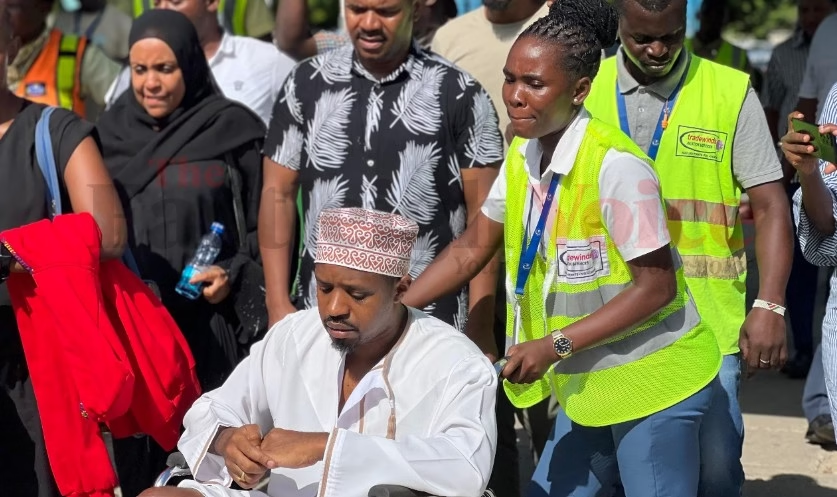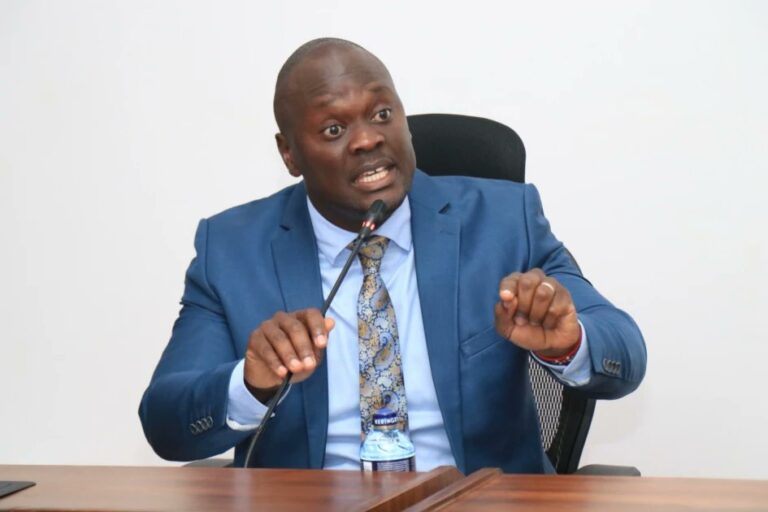
The arrest of Kenyan activist Boniface Mwangi and Ugandan lawyer Agather Atuhaire in Tanzania amid the ongoing treason trial of opposition leader Tundu Lissu has sparked concerns over civic freedoms and regional diplomacy.
Activist Boniface Mwangi, who was released after several days in custody, alleged mistreatment claims that have drawn criticism from human rights groups and political observers across East Africa.
Narrating the incident, Mwangi said that the torture was directed by a Tanzanian state security officer whose charged have been stalking them from the Immigration offices to the Central Police Station, who instructed for their removal to a secure location for what was referred to as “Tanzanian treatment.”
“We had been tortured, and we were told to strip naked and to go bathe. We couldn’t walk and were told to crawl and go wash off the blood,” Mwangi said. “We were handcuffed and blindfolded, so I didn’t even see her, but I heard her groaning in pain as they barked orders at us.”
Mwangi added that any attempt to speak to each other during the night we were tortured was met with kicks and insults. We were removed from the torture location in different vehicles.”
The incident, coupled with Tanzania’s refusal to admit prominent Kenyan figures such as Martha Karua and former Chief Justice Willy Mutunga, has fueled concerns about democratic norms within the East African Community (EAC).
Analysts warn that such actions could strain diplomatic ties between Kenya and Tanzania, particularly as both nations prepare for joint initiatives, including hosting the 2027 Africa Cup of Nations.
Kenya’s Ministry of Foreign Affairs confirmed its involvement in securing Mwangi’s release but refrained from condemning the arrests. Meanwhile, Tanzanian President Samia Suluhu Hassan defended her government’s actions, cautioning foreign nationals against interfering in domestic affairs a stance some interpret as a challenge to regional solidarity.
Also read: Activist Boniface Mwangi Claims that His Life is in Danger After A Night Visit by Armed People
Martha Karua Detained and Deported Back to Kenya After Being Denied Entry into Tanzania
The incident has cast a spotlight on the fragile balance between national sovereignty and the principles of free expression and movement within the EAC bloc. Civil society groups across East Africa have called for greater accountability and a recommitment to democratic values.
While the Kenya-Tanzania relationship remains intact, the episode underscores the need for deeper dialogue and diplomatic transparency to prevent further erosion of trust between the two neighboring states.
